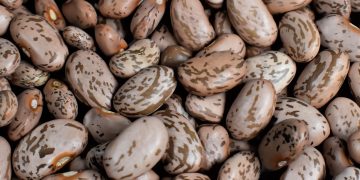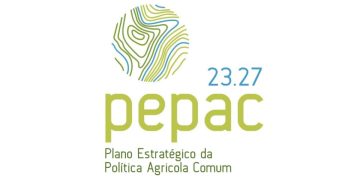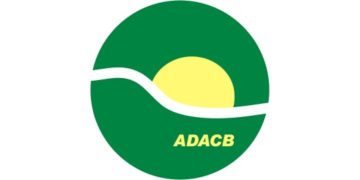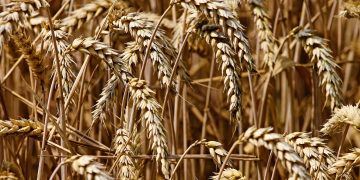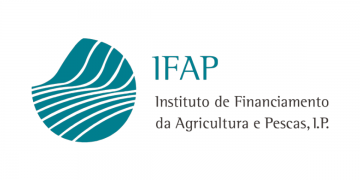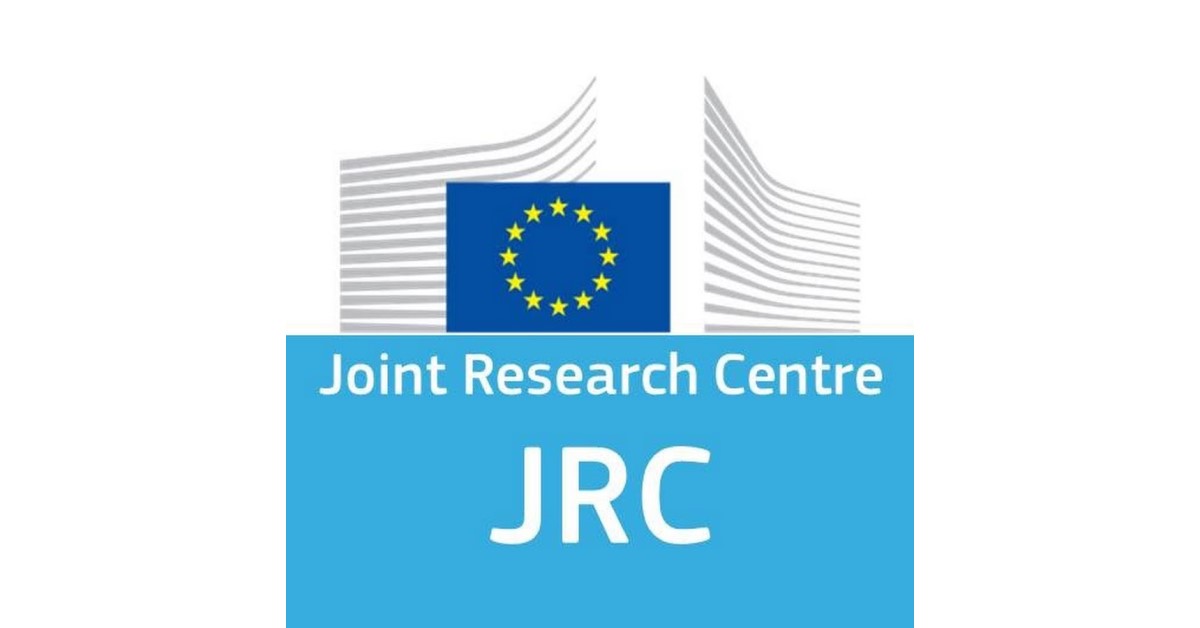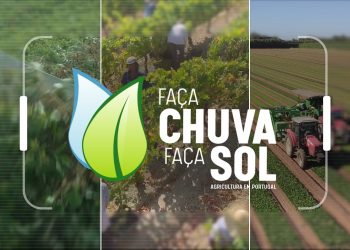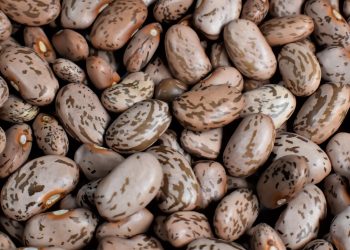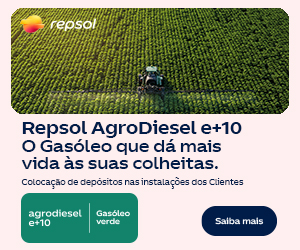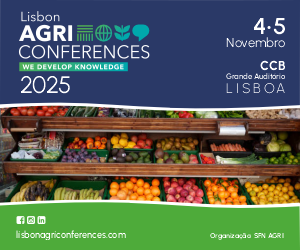In July 2024, global temperatures reached unprecedented levels, breaking historical records with an average of 17.16 °C. This extreme heat led soil water to evaporate, leaving the vegetation and biodiversity more fragile and under stress in many regions of the world. This, combined with unusually low rain levels, caused major river basins like the Amazon, La Plata, and Zambezi to have lower-than-normal water flows, impacting economies and the broader ecosystems they are part of.
A rare combination of three major climate factors — El Niño, the positive phase of the Indian Ocean Dipole, and the warm phase of the Tropical North Atlantic — has contributed, along with climate change, to intensify drought conditions in South America, southern Africa, and parts of the Mediterranean and eastern Europe.
Regions where climate anomalies have been most severe
The Global Drought Overview – September 2024, published by the European Commission’s Joint Research Centre (JRC), shows the gravity of these temperature and rainfall anomalies.
Several regions of the world have experienced very pronounced warm temperature anomalies. In July 2024, these anomalies exceeded 3 °C in north-western North America, eastern Canada, the Mediterranean, eastern Europe, south-eastern and central Africa, Iran, western and central Russia, Japan, and Antarctica.
During the period August 2023 – July 2024, a total of 52 individual prolonged meteorological drought events have been detected, the major and longest-lasting ones being over South America, central and eastern Asia, central Africa, and North America.
The impact of drought on agriculture and food security
Droughts, together with heatwaves and warm spells, affected crops productivity in several regions of Europe, southern Africa, Central and Southern America, and Southeast Asia.
Farmers in areas affected by prolonged droughts are facing reduced crop yields and crop failures, with potential impacts on income and local economies. These effects are particularly pronounced in areas without sustainable irrigation systems or direct access to fresh water.
The extreme drought conditions have pushed millions of people from food stress to crisis levels in many regions of the world. With less food available, vulnerable populations will be further exposed to hunger and malnutrition. In southern Africa, millions of people are expected to require food aid in the coming months.
The impact of drought on energy and transport
Rivers, lakes, and water reservoirs have been drying up as a result of the combination of prolonged lack of rain and high evaporation caused by the high temperatures.
In South America, rivers such as the Amazon have been at alarmingly low water levels, threatening agriculture, drinking water supplies, transportation and hydropower production.
In southern Africa, the very low water flow of the Zambezi River — a critical source of hydroelectric power for several countries — has been causing power shortages and blackouts, with several indirect consequences.
Severe water shortages in Morocco, Spain, Italy, and South Africa are forcing governments to apply water-use restrictions. In the Nile Basin and in some parts of South America, disputes over water rights are already a pressing concern.
Drought forecast: urgent need for humanitarian support and adaptation measures
Central Africa and northern Europe may experience wetter-than-average conditions in the coming months, but the general trend suggests that dry and warmer-than-average conditions will persist across many of the affected regions, further reducing river flows and straining water resources.
In light of the worsening drought conditions, international cooperation and timely interventions are crucial to support the population in some of the hardest-hit areas. Urgent food aid is needed, especially in southern Africa, where over 30 million people are projected to require assistance between October 2024 and March 2025.
Early detection systems like drought monitoring can provide farmers and policymakers with evidence to support and speed up drought anticipation and response. Using drought-resistant crops that use less water and withstand heat better can help reduce losses, especially when combined with agroforestry techniques, conservation tillage and crop rotation.
Efficient water management (including, for example, the reduction of water loss throughout the grid pipelines), improved sustainable irrigation systems and investments in rainwater harvesting and desalination can contribute to build water resilience.
Background
The Global Drought Overview – September 2024 is based on the latest analysis from the European Commission’s Joint Research Centre (JRC) and uses data from the European and Global Drought Observatories, which are part of the Copernicus Emergency Management Service. Information from other climate and drought monitoring tools has been used too.
O artigo foi publicado originalmente em JRC.

